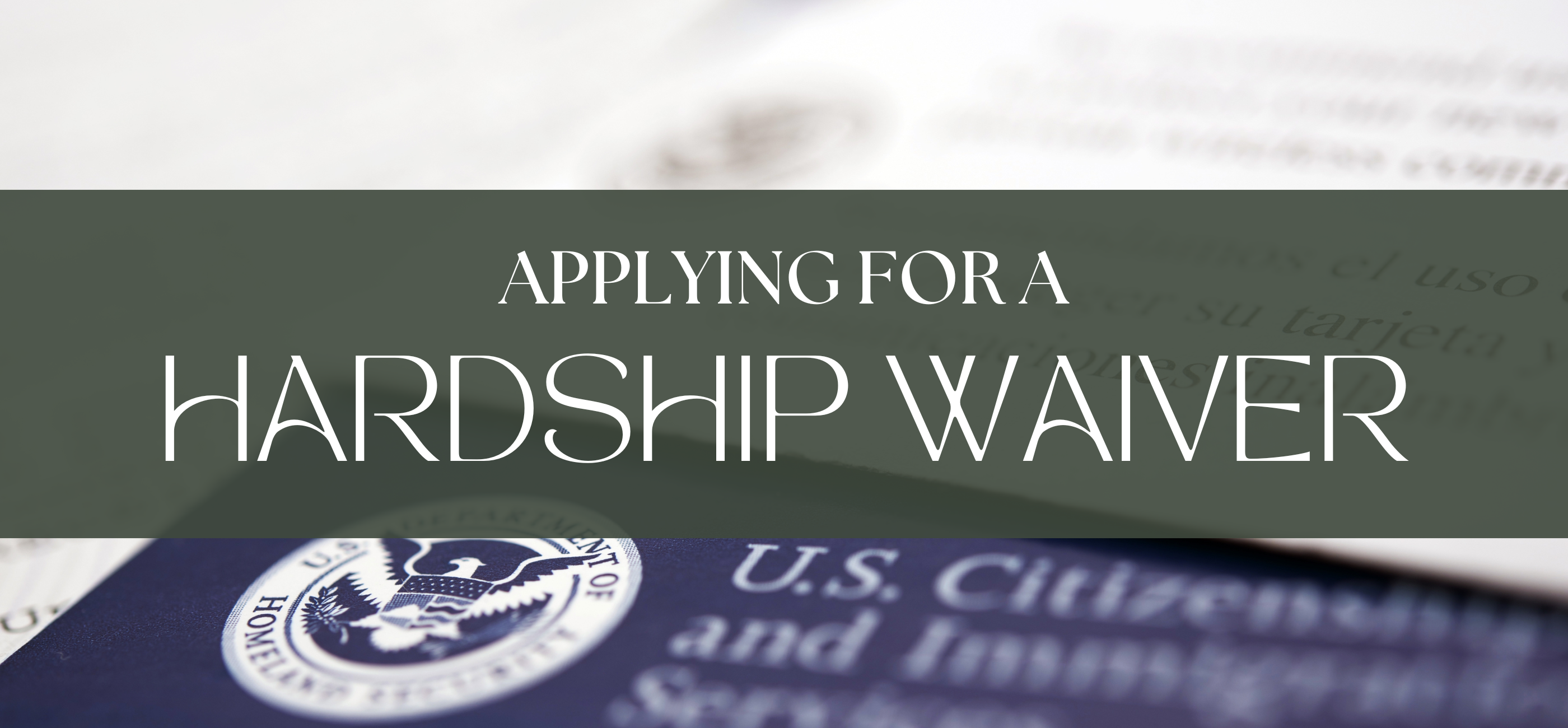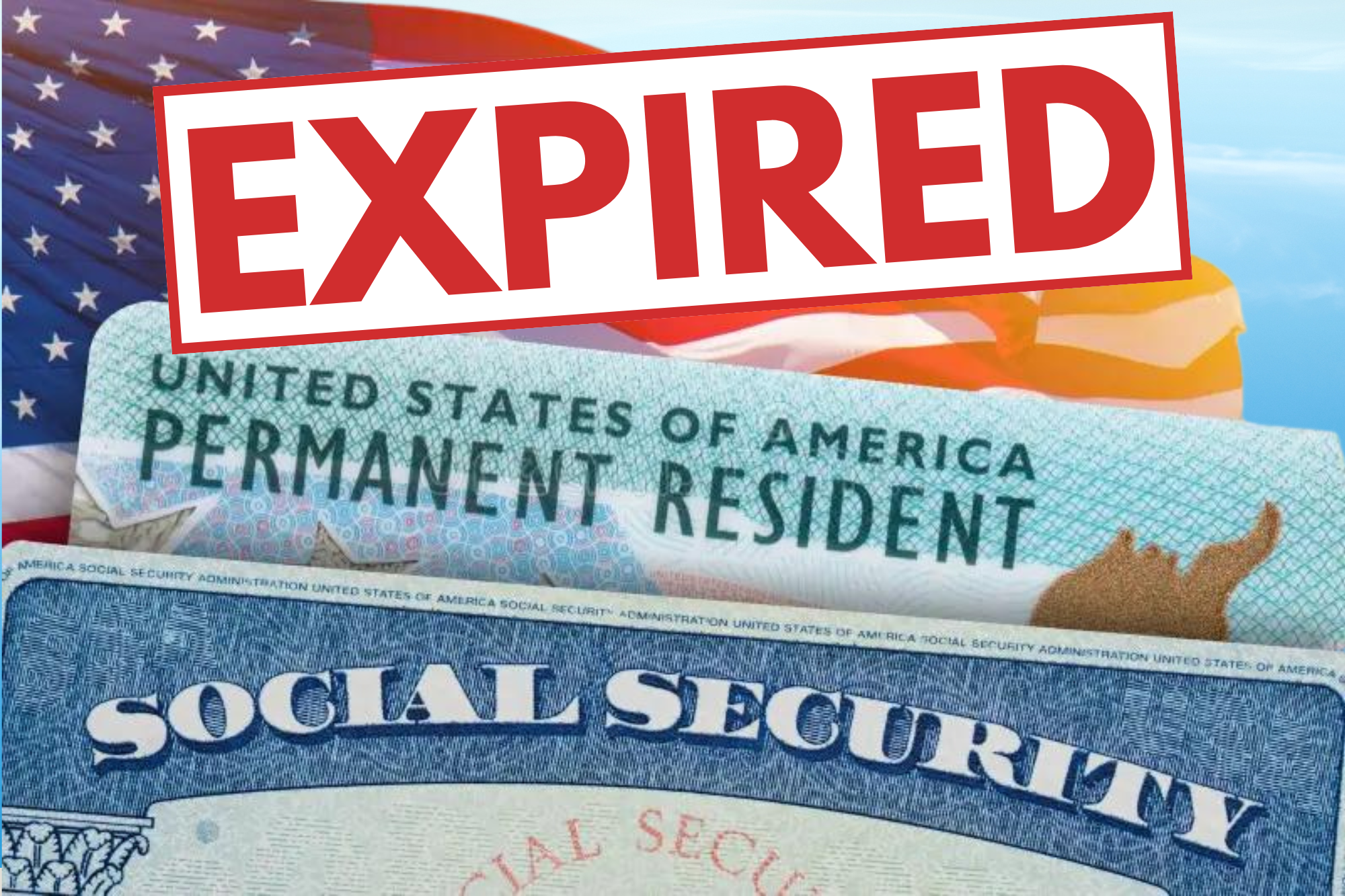When navigating the US immigration system, there are situations where individuals face inadmissibility due to certain grounds, such as unlawful presence, misrepresentation, or criminal convictions. However, there is a potential solution available in the form of a hardship waiver.
A hardship waiver, also known as an extreme hardship waiver or Form I-601 waiver, allows individuals to overcome inadmissibility by demonstrating that their removal from the United States would cause extreme hardship to a qualifying US citizen or lawful permanent resident family member. In this article, we will explore the key factors to consider when applying for a hardship waiver.

Understanding the Concept of Extreme Hardship:
The first and most crucial factor is understanding the concept of extreme hardship. It goes beyond the usual difficulties and challenges and requires proving that the qualifying family member would suffer a level of hardship beyond what is normally expected if the applicant were to be denied admission or removed from the US. It is important to gather compelling evidence and present a strong case to demonstrate the impact on the qualifying family member’s life.
Identifying Qualifying Family Members:
To be eligible for a hardship waiver, it is necessary to establish a qualifying relationship with a US citizen or lawful permanent resident. This can include spouses, parents, or children. It is essential to accurately identify and provide supporting documentation to prove the relationship and the potential hardship they would face if the applicant is not granted the waiver.
Collecting Strong Documentary Evidence:
One of the key factors in a successful hardship waiver application is the strength of the supporting documentary evidence. It is essential to gather relevant documents such as medical records, psychological evaluations, financial records, and testimonies from experts or professionals.
These documents should effectively demonstrate the severity of the hardship that the qualifying family member would experience.
Seeking Professional Legal Assistance:
Navigating the hardship waiver process can be complex and challenging. It is highly recommended to seek the guidance of an experienced immigration attorney who specializes in hardship waivers.
An attorney can assess your case, help you understand the requirements, assist in gathering the necessary evidence, and provide expert guidance throughout the application process.
Presenting a Compelling Personal Statement:
A personal statement is a crucial element of the hardship waiver application. It allows the applicant to express their unique circumstances, provide context, and demonstrate their genuine intent to contribute positively to society.
The personal statement should be well-crafted, honest, and highlight the hardships faced by the qualifying family member and the applicant themselves.
Applying for a hardship waiver is a significant step in overcoming inadmissibility and achieving your immigration goals. By carefully considering the factors mentioned above, understanding extreme hardship, gathering strong documentary evidence, seeking professional legal assistance, and presenting a compelling personal statement, you can increase your chances of a successful hardship waiver application.
Remember, each case is unique, and it is essential to consult with an experienced immigration attorney who can provide personalized guidance based on your specific circumstances.
If you are facing inadmissibility and believe you qualify for a hardship waiver, don’t hesitate to reach out to our team of dedicated immigration attorneys. We are here to help you navigate the hardship waiver process and guide you towards a successful outcome.
The information provided in this article is for general informational purposes only and should not be construed as legal advice. Consult with an experienced immigration attorney for personalized guidance and advice based on your specific situation.


